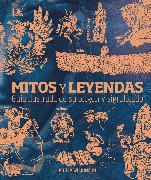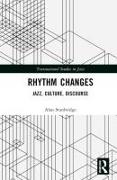Rabboni and Me
BücherAngebote / Angebote:
Mary Magdalene has often been identified with Mary of Bethany, with the sister of Martha and Lazarus, with the sinner who anointed Christ's feet, and even with the woman caught in adultery in John 8:1-11. Such identifications have been common in the Western Latin Church since the time of Pope Gregory the Great in the sixth century. It was as late as 1969 that the liturgical calendar listed the Magdalene as a separate individual. In the Eastern or Greek Church such identifications were never made. Mary Magdalene was never mistaken for other figures. The old tradition of the Western Church called Mary Magdalene apostola apostolorum, meaning 'apostle of the apostles', or the first apostle. In the Eastern Church she was called isapostola, meaning 'Equal to an apostle'. Both traditional titles reject the fact that the risen Christ showed himself first to Mary Magdalene and sent her to tell the joyful news to others. In the four canonical gospels of the New Testament, Matthew, Mark, Luke, and John, dating from the years 70-100 CE, there are only twelve verses that mention Mary Magdalene. She is always referred to with the title 'the woman from Magdala'. The figure of Mary Magdalene appears more often in the apocryphal Gospels that date from the years 100-400 CE. An old tradition of the Eastern Church goes back to the second century. It tells the story of her meeting with the emperor Tiberius in Rome and the miracle of the egg changing colour. This started the tradition of making colourful Easter eggs.
Folgt in ca. 10 Arbeitstagen




